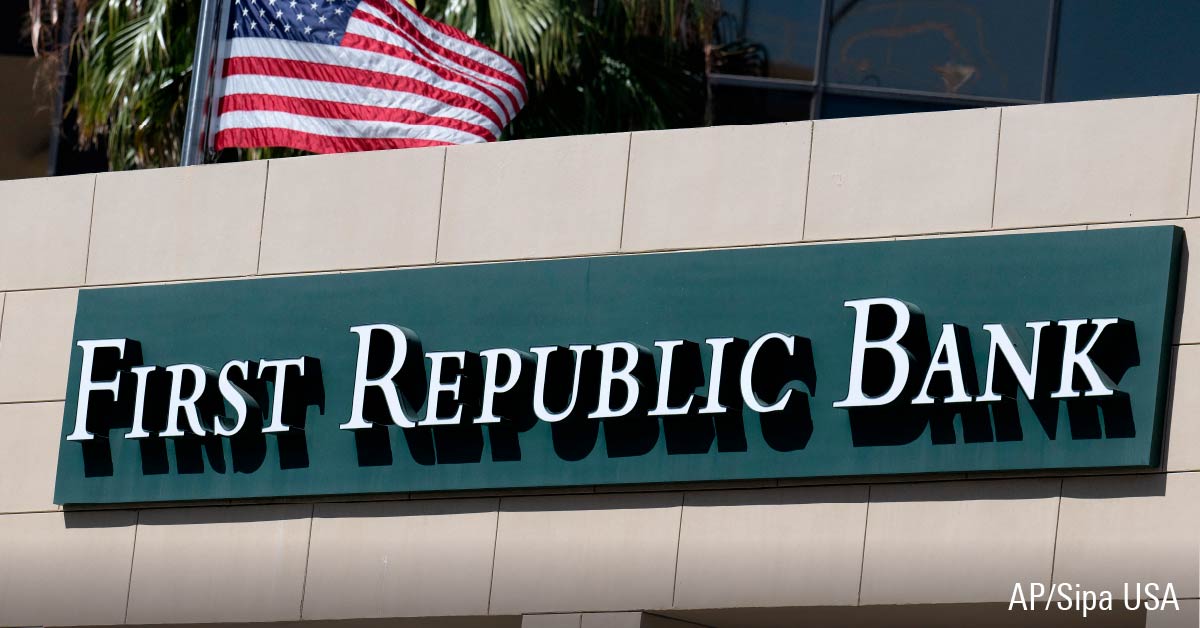
Based on a Wall Street Journal report, which stated that First Republic Bank (FRB) is estimated to have lost closer to US$70 billion in deposits (roughly 40% of its fourth-quarter 2022 deposit base), we are lowering our fair value estimate to US$3 per share from US$34. Previously, our bear case was for the bank to lose roughly 30% of its deposits, and based on this new information, it appears even that was not bearish enough.
Based on losing US$70 billion in deposits, even with the US$30 billion deposit injection from other banks at “market rates,” we think it is very unlikely that First Republic remains a profitable bank, so we believe an Extreme Uncertainty Rating is appropriate. (An explanation of the Morningstar Uncertainty Rating and how investors can use it to apply a margin of safety to a stock can be found here.)
Two Options for Survival, Neither Good for First Republic Stock
The only options we see are the following. First, a capital infusion to keep it afloat while it attempts to get depositors back into the bank (this would be highly dilutive to existing equityholders and presents no guarantees that the bank would be able to right the ship in the future). Second, being acquired. While this is a possibility, we remain worried about the mark-to-market effects of the bank’s loan book, which would wipe out equityholders.
We also struggle with why a buyer would be motivated to step in, except perhaps if it were being pushed for by regulators. Or the bank could eventually enter into receivership and be sold that way.
Investors need to seriously consider the possibility that First Republic Bank doesn’t return to profitability, with any equity value being a call option on a possible take out that does not wipe out equityholders or the unlikely event that the bank convinces depositors to return to the bank in the next several months.
We’ll know more once the bank reports first-quarter results, assuming that it isn’t acquired or a government intervention occurs before then, but we estimate that the bank will likely begin to breach regulatory capital requirements before 2023 is over.




















